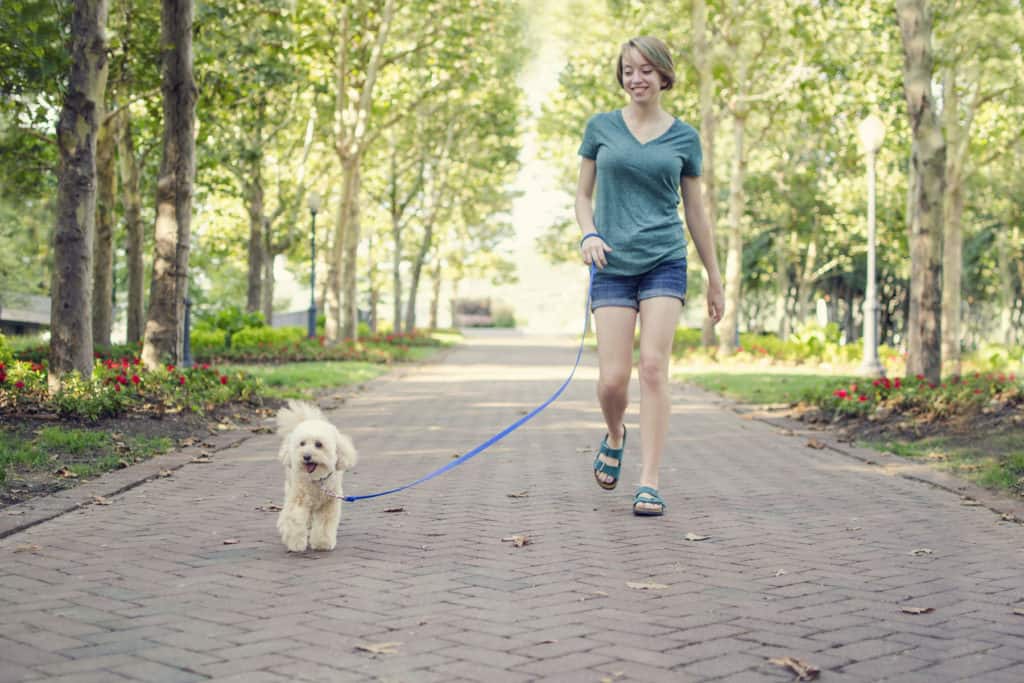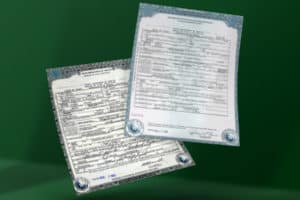Even if you practice advanced planning and try to tie up all potential loose strings, a few things may slip through the cracks. Pets are a part of our daily lives, but the vast majority of people don’t consider how their pet will be cared for if they should die.
This guide will walk you through your options, tell you where to start and how to make sure your loved one’s pet finds a new forever home with a loving family.
Consult the Last Will and Testament
Arranging for pets to be taken care of is one of the first steps that need to be taken when a loved one dies. Before making any decisions, check your loved one’s last will and testament if they had one. Hopefully, it was updated to include what should happen to living pets. Studies have found that about 12-27% of wills include some sort of provision about the person’s pets.
Now, just because someone left their pet to a friend or family member in their will, that doesn’t mean the person has to take on the responsibility. They may not be in the position to take the pet. For example, the person may live in an apartment that doesn’t allow pets so they aren’t a viable pet owner.
Find Out If Verbal Agreements Were Made
If there is no will or no mention of the pet in the will, ask close family members and friends if your loved one ever discussed what should happen to their pet if they passed. There’s a possibility that your loved one discussed the matter with someone that they knew could properly care for their pet.
See If Someone in the Family or a Friend Will Take the Pet In
If no verbal agreements were made, ask friends and family members if they are willing to take the pet. Finding someone that you know and is open to caring for the pet is almost always the best option.
You may want to provide the person with funds from the estate to ensure they can adequately care for the animal. If the animal has special needs that require medication and/or frequent trips to the vet’s office the cost of care could be substantial.
Try to Find Someone Who Will Adopt or Buy the Pet
If no one that you know personally is willing to take the pet, don’t go to an animal shelter just yet. For reasons that will be explained below, it’s usually better to try to adopt the pet out on your own.
Find all the paperwork that you can about the animal’s age, health and breeding. People are going to want to know that the animal has all of its vaccinations and is in good health. If you aren’t sure which vet examined the pet you may need to set up an appointment before putting the animal up for adoption.
If the dog is a purebred you may actually be able to sell it to someone. Just keep in mind the buyer will likely want to see paperwork to make sure the dog is purebred and up-to-date on all of it’s shots.
Take the Pet to a No-Kill Animal Shelter
A no-kill animal shelter may be the last resort if no friends or family members can take the pet and you can’t find someone else to adopt it. Unfortunately, millions of animals are brought to shelters each year, and the American Humane Society estimates about 10% end up there after their owner dies.
The sad truth is that in many shelter animals are euthanized regularly. The shelters simply can’t house all of the animals so the ones that aren’t adopted out after a certain time or aren’t deemed adoptable are euthanized in a humane manner. Roughly 6.5 million animals enter shelters each year, but 1.5 million are euthanized in that same timeframe.
Just be careful about where the pet is taken. Many shelters euthanize, and even ones that say they are “no kill” may simply send animals to another shelter where they may be put down.
If you’re in the process of making advanced arrangements you may want to consider including pet estate planning. In addition to naming someone who will take ownership of the pet, you can also set aside funds for their care and establish how the animal should be cared for after you’re gone.






